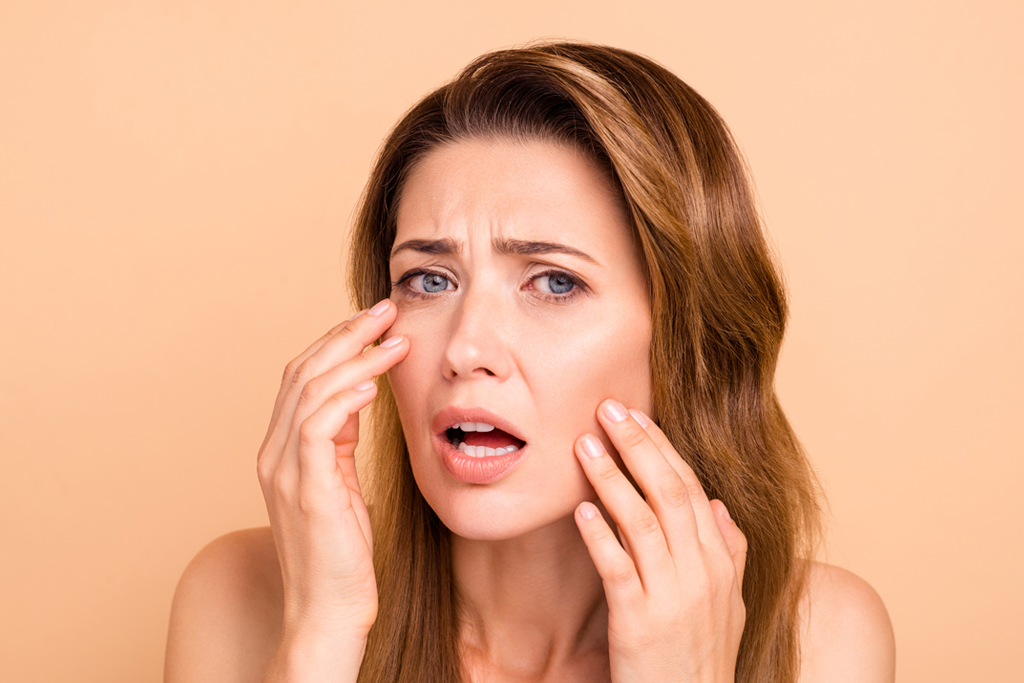
For many young girls, puberty can be a challenging, exciting and even confusing time.
But as the significant women in their lives become more aware of this important part of growing up, many more are seeking help, advice and consultation for their young female family members, and earlier than before. The idea is to encourage open conversation with a gynaecologist about these previously too-embarrassing or taboo topics, from irregular periods and vaginal discharge to contraception and HPV vaccination.
Here are some of the more common teen gynaecological issues:
- Puberty and precocious puberty
Puberty typically occurs at around 10 years old, though this varies. You know puberty is happening when you notice breasts developing, pubic or underarm hair appearing, rapid growth in height, the onset of periods and acne on previously perfect skin. Precocious puberty – puberty that occurs before age eight – can indicate an underlying health problem and it’s important to get a medical evaluation to exclude serious conditions such as hormone disorders, tumours or brain abnormalities.
- Menstruation
While breast development is typically the first indication of puberty, menarche – the first menstrual period that usually occurs around two years after – is often the defining feature of “becoming a woman”. Most girls experience regular cycles, but in the first two or three years, these can be irregular. An average menstrual cycle happens monthly with a period that lasts five to seven days. If periods are irregular or stop, visit a doctor as this might be caused by any number of factors, among them hormone imbalances, an unhealthy diet, excessive exercise or very low body weight.
Menstrual cramps, caused by contractions of the uterus, are a rude shock for a young girl, and can range from mild to extremely painful. Unfortunately, cramps run in families, and while they are not often serious, they can disrupt normal activities. A consultation could rule out ovarian cysts or yield advice on pain management approaches.
- Pre-menstrual Syndrome
The hormones that trigger puberty have well-publicised emotional and mental effects, leading to mood changes called premenstrual syndrome (PMS). Often the subject of jokes, PMS can cause severe mood swings which, in exceptional cases, can spiral into depression. If you sense this might be happening, a visit to the doctor is in order.
- Vaginal discharge
This is another phenomenon which can be distressing to a young girl. Normal vaginal discharge has a faint smell, is either clear or white and helps keep the vagina healthy. Itching, a strong odour, a burning sensation or a change in discharge colour indicates an infection. Encourage your young charge to tell you if this happens as a medical consultation is needed to identify candida or thrush, which require treatment.
- Contraception, STIs and HPV vaccination
It can be a challenge to decide when a young girl should be told about unplanned pregnancies, vaginal and pelvic infections and sexually transmitted infections (STIs). But the conversation cannot be avoided, for her own safety and for her future as a mother.
STIs such as chlamydia or gonorrhoea, for instance, can cause lasting damage to the reproductive organs resulting in subfertility. And since cervical cancer is predominantly caused by the Human Papilloma Virus (HPV), it is best for a young woman to be immunised against it before her fi rst sexual encounter. To make this a reality, women under 26 can use up to $400 per Medisave account per year to pay for a HPV vaccination.
- Gynaecological screening
Invasive approaches such as pelvic examinations and PAP smears are usually not suitable for young girls and teens, so ultrasound scans and imaging methods are useful to assess the health of the uterus and ovaries. Blood tests are also useful to assess hormone profiles and determine hormone-related disorders.







